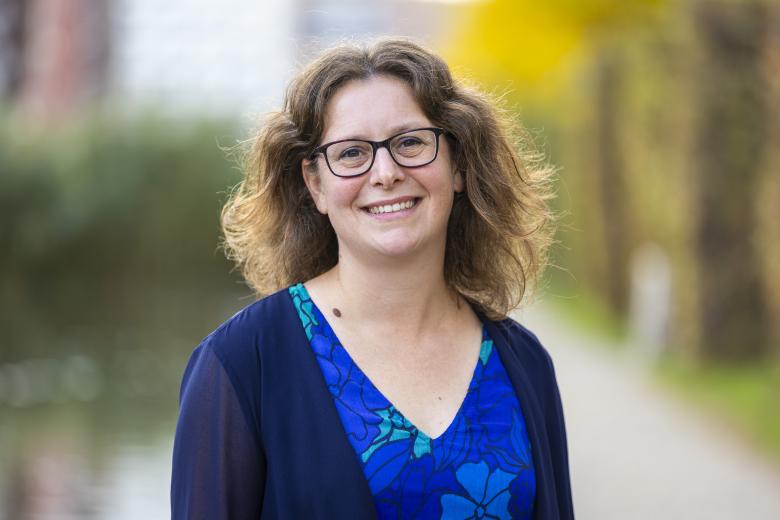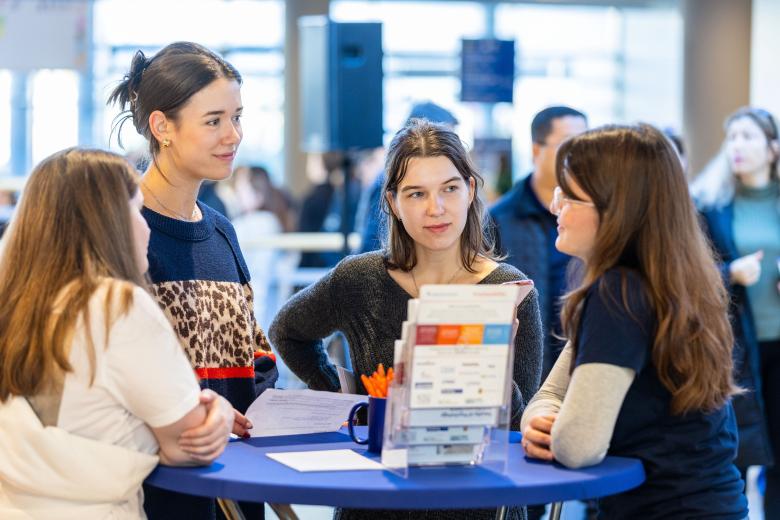'Brain-on-a-chip' research nominated for Klokhuis Science Award
Living brain in a laboratory! The research of brain researcher Govert Hoogland has been nominated for the Klokhuis Science Award.
Klokhuis wetenschapsprijs
A growing number of people are questioning whether we should continue to test new drugs on animals. Scientists are therefore looking for new, animal-free methods. It sounds contrived, but Govert and his team managed to keep a tiny piece of brain alive in the laboratory! To do this, they used a chip with 120 electronic dots coated with brain cells. On top of this was a small piece of brain tissue from someone who had undergone surgery for epilepsy. This piece of brain still showed epileptic activity for six days! This opens up new questions: do we need fewer laboratory animals for medical research? And can you make such a piece of pathogenic brain tissue better and then put it back?
Every year, the Klokhuis Science Prize is awarded during InScience film festival. This prize aims to introduce Dutch scientific research to a young and wide audience. All universities, colleges and UMCs in the Netherlands can submit research. An episode of the winning research is made and broadcast by Het Klokhuis. A fun way to bring your research to the attention of children and young people.
Also read
-
Vote for UM Professor Gera Nagelhout as Vrouw in de Media
The Limburg jury of the Vrouw in de Media Award has selected UM professor Gera Nagelhout (CAPHRI) as a nominee for the Vrouw in de Media Award 2025. The award highlights women who, over the past year, have been notably and impactfully visible in the media as experts.
-
Bachelor’s Open Day: spring-like, smiling faces and good atmosphere
Saturday’s Bachelor's Open Day at Maastricht University drew a turnout of 2218 prospective students. Feedback was generally very positive, reflecting the event's success.
-
Heated tobacco products are not a safe alternative to cigarettes
Heated tobacco products (HTPs) are not a safe alternative to cigarettes, according to recent research by Maastricht University and the Dutch National Institute for Public Health and the Environment (RIVM). Nevertheless, these products are often marketed as less harmful.